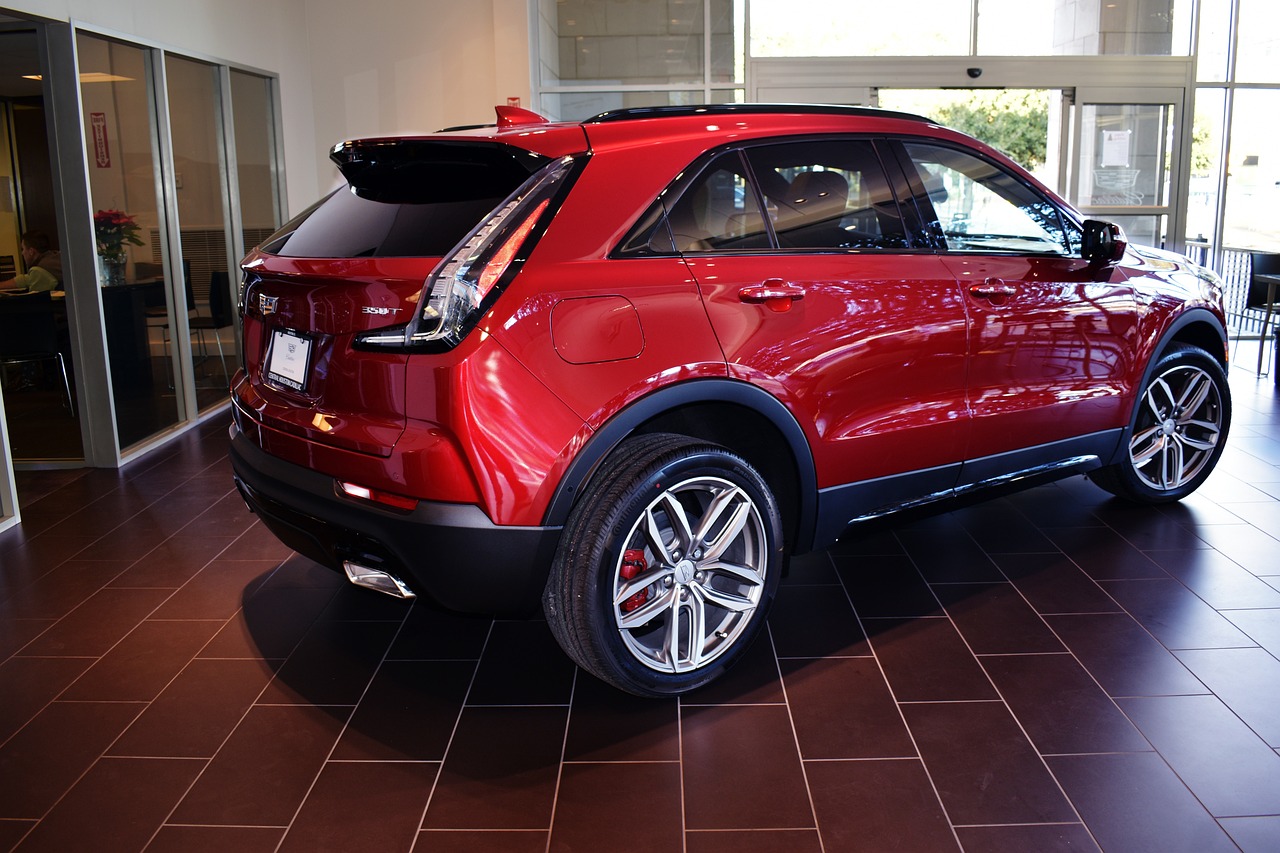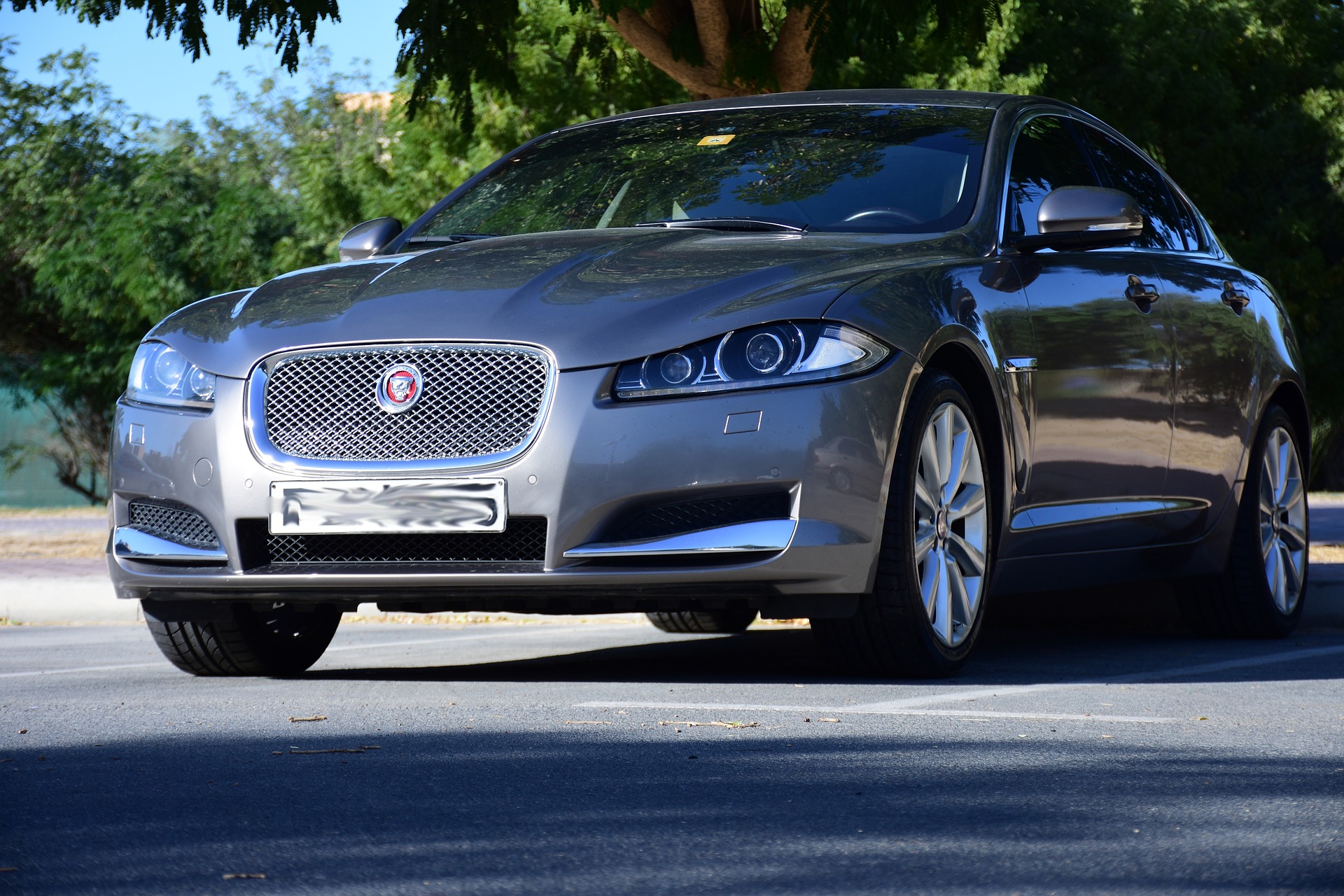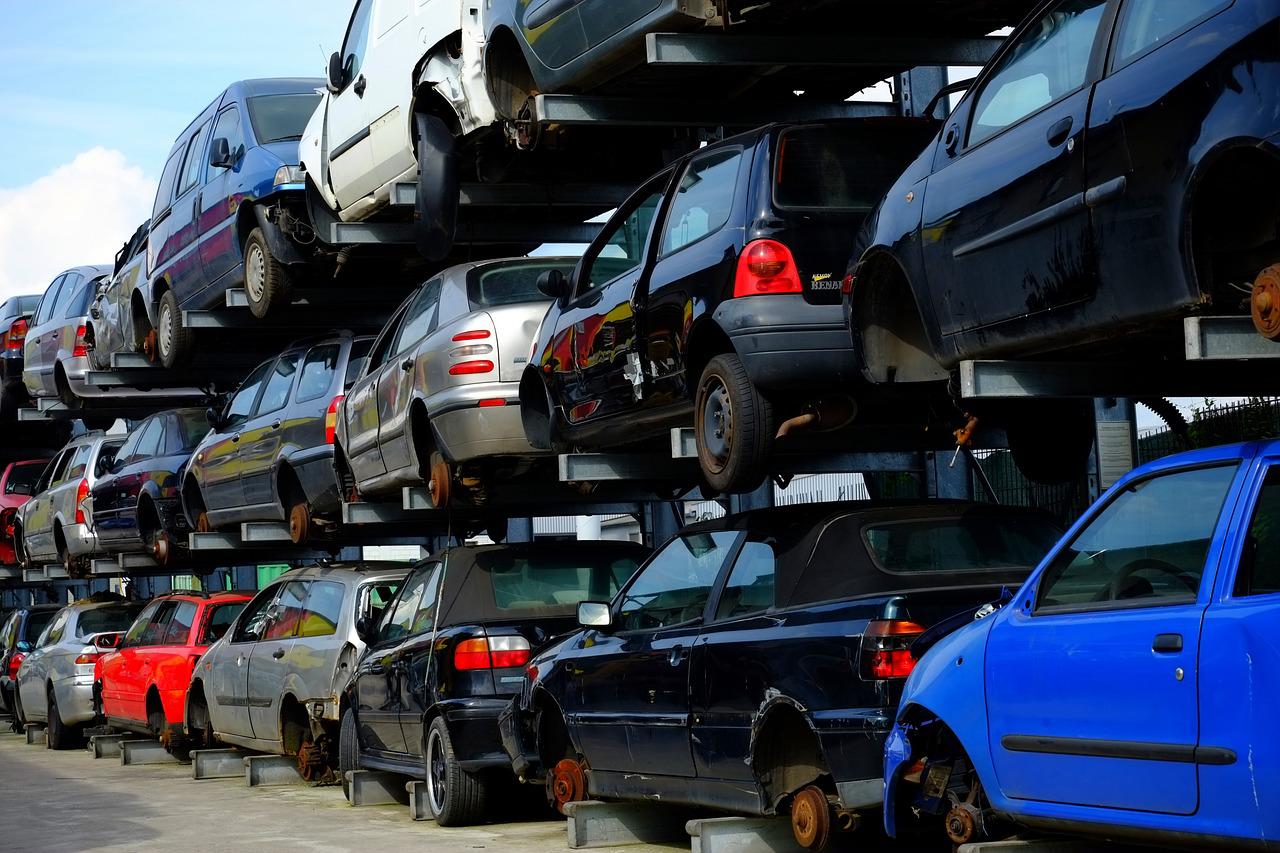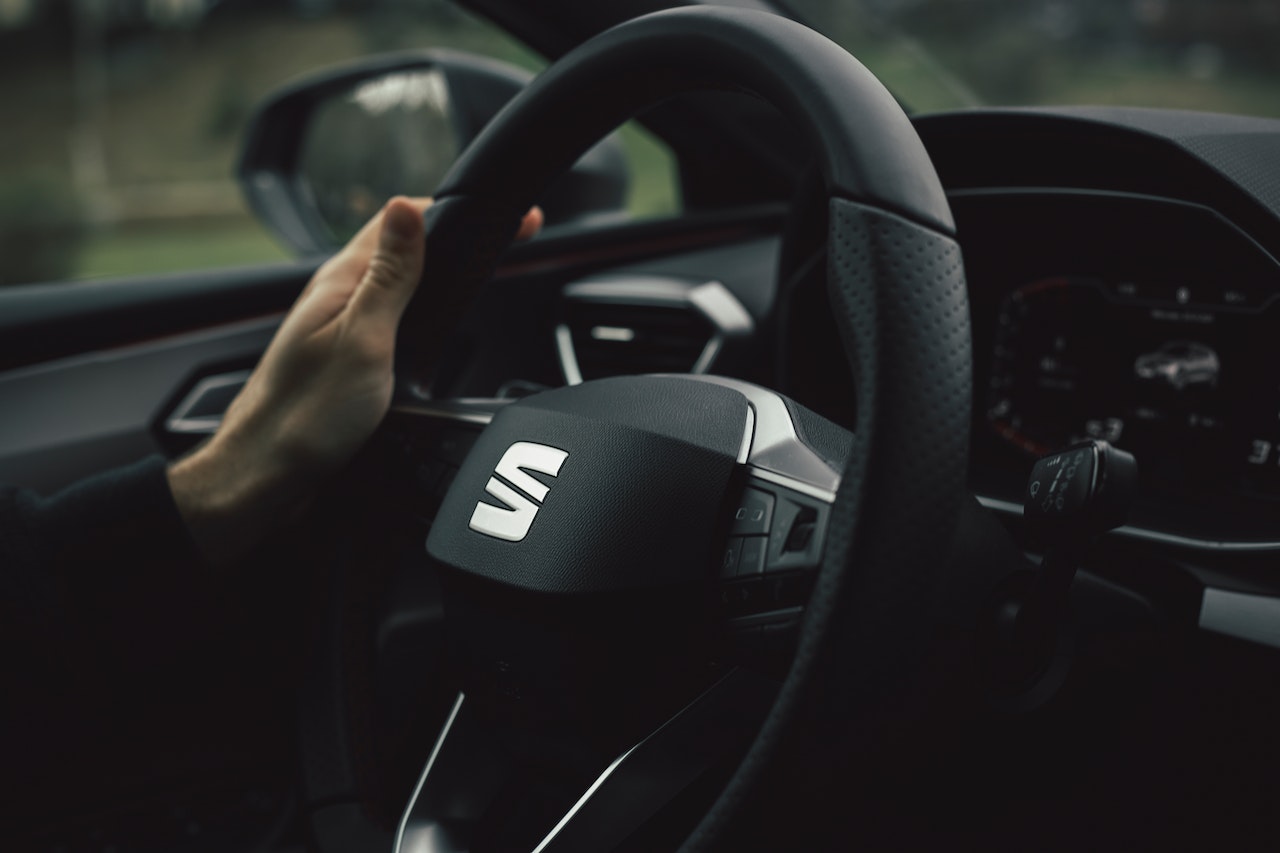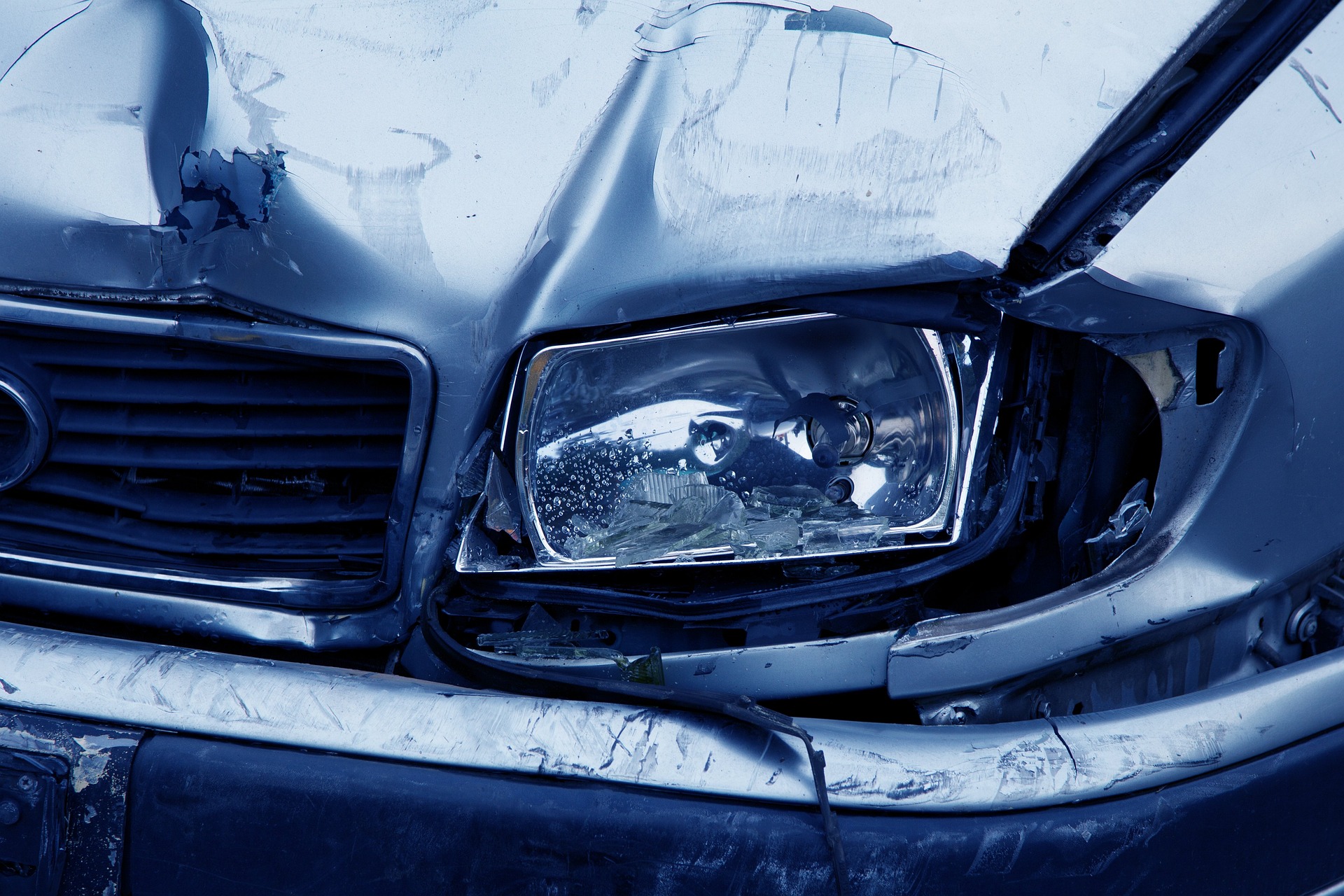Do All Cars Have VIN Numbers? What You Need to Know
When it comes to identifying and tracking vehicles, the VIN, or Vehicle Identification Number, is an essential tool. It’s a 17-digit alphanumeric code that serves as a unique identifier for a particular vehicle, and is used by law enforcement, insurance companies, and anyone else who needs to verify a car’s identity. But the question remains: do all cars have VINs?
The short answer is yes, all cars that were manufactured after 1981 have a VIN. The VIN is required by law in the United States and many other countries, and is a necessary component of any vehicle’s registration paperwork. The VIN is also a useful tool for tracking a car’s history, as it provides information about the vehicle’s make, model, year, engine type, and other details.
The VIN was first introduced in the United States in 1954, but it was not standardized until 1981. Before then, manufacturers used their own unique identification systems, which made it difficult to track a vehicle’s history across different makes and models. The standardization of the VIN in 1981 made it possible for all vehicles to be identified with a single, universal code.
So, while all cars manufactured after 1981 have a VIN, what about older vehicles? While it’s true that many cars manufactured before 1981 do not have a standardized VIN, many of them do have some form of unique identification code. For example, cars manufactured in the United States prior to 1954 had a serial number, which was typically stamped on the engine block or the frame of the vehicle.
Similarly, cars manufactured outside of the United States may have had their own unique identification systems before the adoption of the VIN. However, it’s important to note that these codes were often specific to a particular manufacturer or model, which made it difficult to track a vehicle’s history across different makes and models.
While it’s true that some older vehicles do not have a standardized VIN, it’s also true that many of these vehicles are not in use today. In many cases, older vehicles have been retired or scrapped, which means that they are no longer on the road. For this reason, the lack of a VIN on an older vehicle is not usually a major concern.
In addition to cars, the VIN is also used to identify motorcycles, trucks, and other types of vehicles. In fact, any vehicle that is required to be registered with a government agency will have a VIN. This includes not only passenger vehicles, but also commercial vehicles, trailers, and even some off-road vehicles.
In some cases, a VIN may be difficult to locate on a vehicle. For example, on some older vehicles, the VIN may be stamped on the engine block, which can make it difficult to access. In other cases, the VIN may be located in an area that is covered by dirt or debris, which can make it hard to read. However, with a little bit of effort, it’s usually possible to locate the VIN on any vehicle.
The VIN is an essential tool for anyone who needs to identify a vehicle or track its history. By providing a unique code that is linked to a particular vehicle, the VIN makes it possible to track a car’s ownership, maintenance history, and accident record. This information is valuable not only to law enforcement and insurance companies, but also to anyone who is buying or selling a vehicle.
In conclusion, all cars manufactured after 1981 have a VIN, which serves as a unique identifier for the vehicle. While some older vehicles may not have a standardized VIN, many of them do have some form of unique identification code. Regardless of whether a vehicle has a VIN or not, it’s important to be able to identify it in order to track its history and ensure that it is safe.


